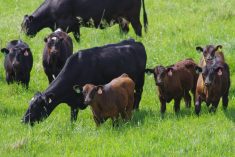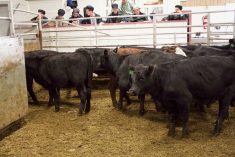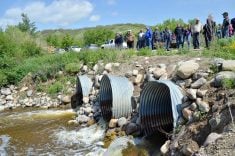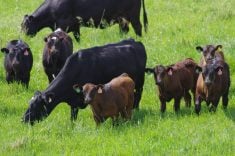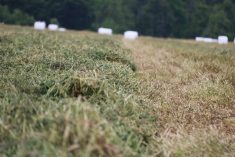Manitoba’s forage and pasture organizations will account for major chunks of the first round of 2020 Conservation Trust funding announcements.
Why it matters: One project from the Association of Manitoba Community Pastures and three from the Manitoba Forage and Grassland Association make up over $480,000 of the $1.8 million in Conservation Trust funding announced last week.
The Association of Manitoba Community Pastures will be getting $250,000 out of the $1.8 million worth of first-round projects. Funds will go to the group’s Grassland Study and Biodiversity Enhancement Project, which will, “engage wildlife biologists to work towards native prairie and rangeland enhancement,” the province announced May 28.
Read Also
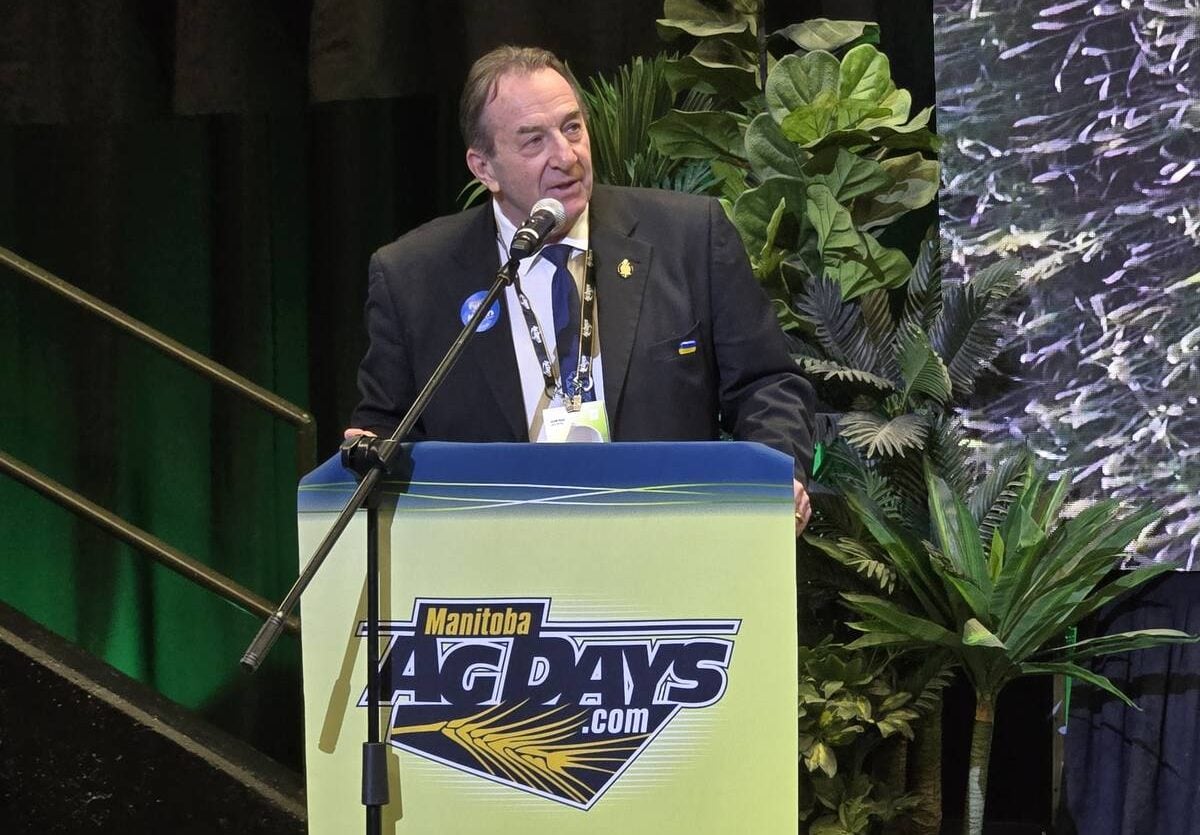
Manitoba crop insurance expands wildlife coverage, offers pilot programs
New crop insurance coverage is available to Manitoba farmers.
The Manitoba Forage and Grassland Association (MFGA) is another major recipient. The organization will receive $231,333 to fund three separate projects, the province announced.
Manitoba Agriculture and Resource Development Minister Blaine Pedersen says those allocations were more a product of the applications received than any intent to funnel money specifically for pasture or cattle projects.
According to the province, the Conservation Trust’s mandate includes biodiversity projects, soil health, erosion prevention, waterway protection, carbon sequestration and projects to mitigate climate change, flood or drought.
Duncan Morrison, MFGA executive director, says all three of his organization’s funded projects were developed with promoting regenerative agriculture in mind.
The producer group has been an outspoken advocate for regenerative agriculture practices such as cover crops, riparian-area preservation and adaptive grazing.
“We really wanted to make sure that we’re applying on projects that realize the conservation aspects and the habitat aspects of the Conservation Trust but, from an economic point of view, it gave producers a chance to engage,” Morrison said. “The producer values and the opportunity to do this kind of work is what really attracted us.”
A total $90,000 of trust funds will go to helping landowners adopt regenerative agriculture practices, with an emphasis on cover crops, according to the MFGA. The MFGA hopes to target 2,000 acres in the Central Assiniboine, Assiniboine West and Souris River watersheds. Conservation Trust funds will cover about a third of the project, with remaining funds to come from other stakeholders.
Morrison noted that those acres will be new cover crop acres, not producers who have already been pursuing the practice.
About $113,000 of Conservation Trust funds is also slated for a joint grassland restoration and wetland preservation program with Ducks Unlimited Canada. The incentive-based program hopes to add 2,600 acres of restored grassland and 400 acres of protected wetland through long-term landowner agreements. The program is expected to cost $340,000, with Ducks Unlimited Canada, the MFGA, Redfern Farm Services and local conservation districts pitching in remaining funds.
The MFGA’s final project hopes to expand riparian zones near Pierson, Manitoba, which the group argues will increase grassland habitat and aid flood prevention along the Souris River. The two-year project will seed 160 acres of buffer zone between riparian areas and cropland to perennial forage and is estimated at $57,000, $28,000 of which will be provided by the Conservation Trust.
The province estimates that the Conservation Trust provides about $5 million for projects every year.
Pedersen said the $102-million Conservation Trust is tailored towards organizations, while the $52-million GROW Trust and $50-million Wetlands GROW Trust, announced last year, are geared more to individual producer projects.
“There’s lots of projects that still could happen out there,” he said.
Delta Waterfowl’s project to enhance breeding habitat and nesting structures, trail and boardwalk building efforts of Opasquia Trails Incorporated, areas surrounding the Fort Whyte Interpretive Centre and the Inter-Mountain Watershed District’s stream bank stabilization project along the Turtle River have also been slated for Conservation Trust funding.
In total, 23 projects will be funded out of 31 submissions to the Conservation Trust, the province has said.
The province expects another round of GROW and Wetlands Grow funding announcements in the next weeks.






